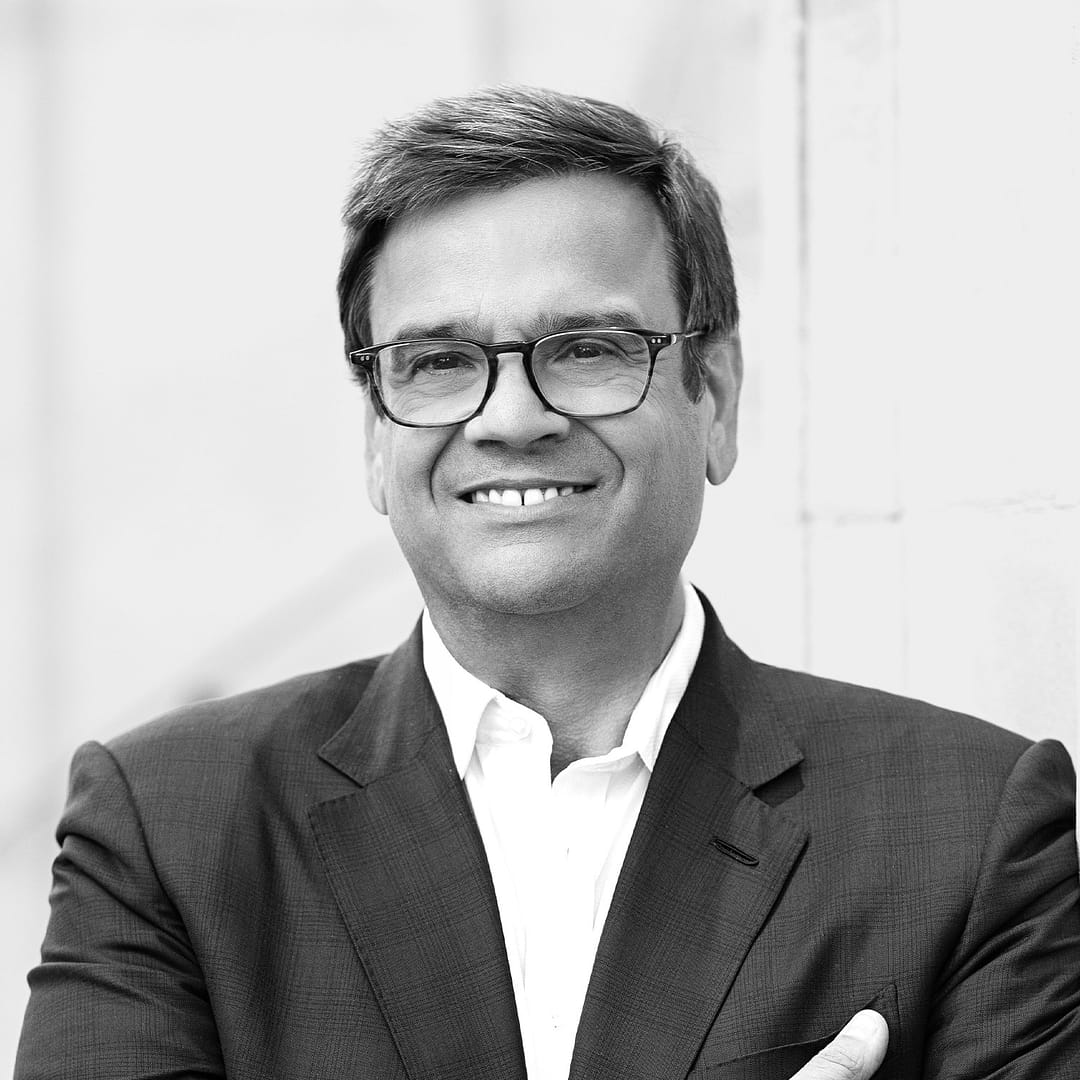- Aggressive leverage will reduce returns from buyout funds, investors believe
- LPs to raise investment in funds from newly-formed GPs
- LPs’ direct investment into private companies to increase
Despite record fundraising in 2005, there will be no slowdown in investors’ commitments to private equity, according to Coller Capital’s fourth Global Private Equity Barometer – around half of institutional investors (LPs) are planning increased allocations to alternative assets generally, and to private equity specifically, in the next 12 months.
Appetite for private equity has been boosted by recent improvements in investors’ total returns from the asset class – nearly three-quarters of LPs now report net returns of 11% or more over the lifetime of their portfolios, compared with only around half of LPs 18 months ago (in the Winter 2004-05 Barometer). This improvement in returns has been driven mainly by buyout funds.
However, investors believe that the recent bonanza from buyout funds cannot last. They are unanimous that the aggressive leverage currently being applied to buyouts will reduce their returns from North American and European funds in the future.
Instead, investors are looking to new horizons:
- Private equity will have an increasing impact on the quoted equity markets – three quarters of LPs see the number of ‘take privates’ increasing over the next three years.
- LPs’ interest in the Asia-Pacific region is growing fast – investors believe that Asia-Pacific buyouts will offer the most attractive investment opportunities for GPs in the next 12 months (knocking European buyouts off the top of the ‘league table’ for the first time since the Barometer was launched).
- LPs are actively seeking new relationships with private equity managers (GPs), even with newly-formed GPs – 51% of LPs will invest directly in funds from newly-formed GPs in the next two years, if the right opportunities present themselves.
- The more experienced investors will also increase their direct investments into private companies – one quarter of all LPs plan to do this over the next three years.
Despite their eagerness to invest, LPs are nonetheless increasingly determined not to reward poor performance by GPs. Over the last three Barometers the proportion of investors who have refused to ‘re-up’ in their GPs’ follow-on funds has grown steadily: from 45% last summer to almost two thirds now.
Investors plan to sell more assets in the secondaries market as part of a more active approach to managing their portfolios. Two thirds expect secondaries sales to increase in the next three years.
Most LPs (70%) believe placementagents can help them by providing valuable market intelligence – but this only applies to some placement agents. Almost all investors (90%) are of the opinion that placement agents vary widely in quality. And a warning to GPs: a private equity fund manager’s credibility is strongly affected by its choice of placement agent, according to 60% of LPs.
